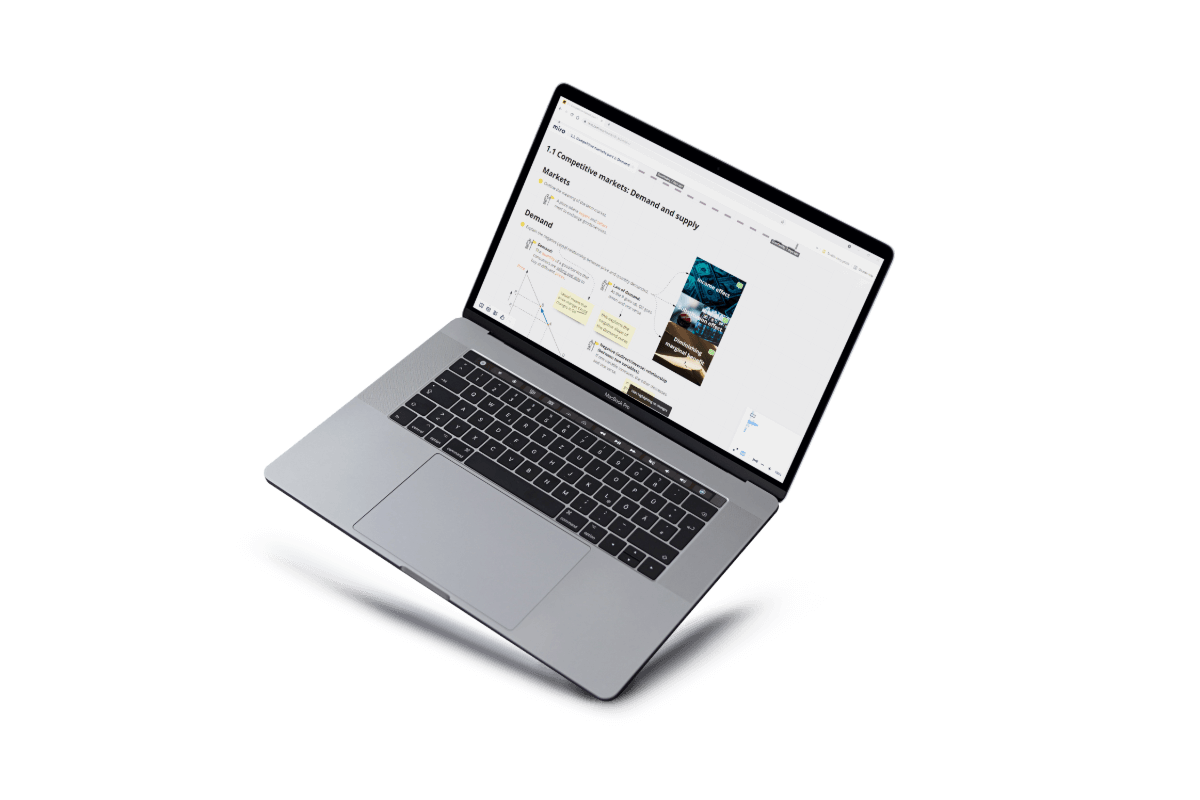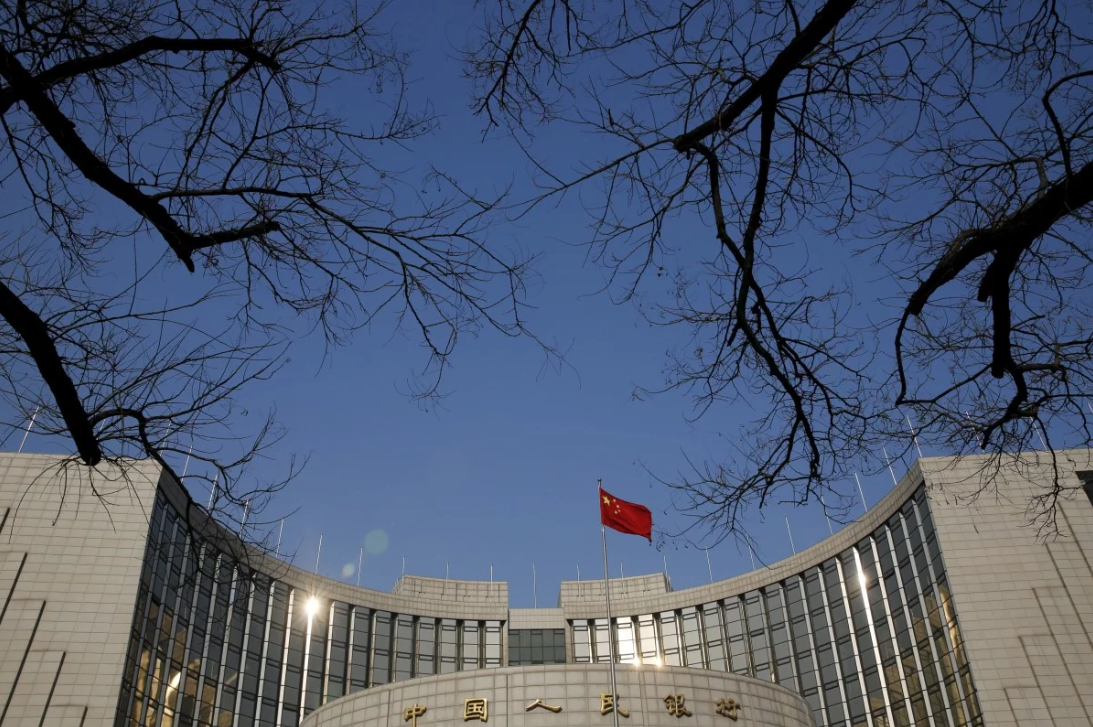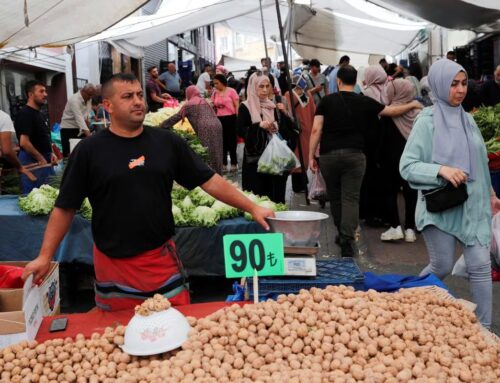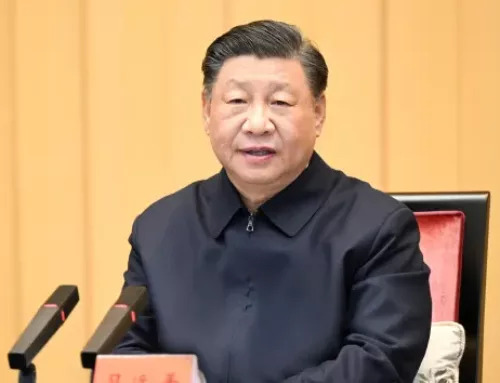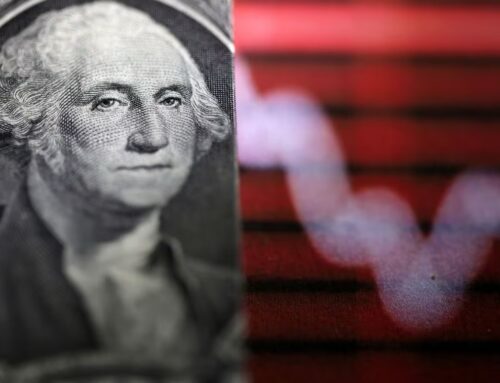South China Morning Post: China to inject US$174 billion of liquidity into markets amid new coronavirus outbreak
Article published: Feb 2, 2020
IB Economics syllabus: Macroeconomics (monetary policy)
As part of the open market operations, the Chinese Central Bank, called the The People’s Bank of China has decided to increase the money supply. They do so by the use of “reverse repo operations.” This basically means that they are buying government bonds and pay for them by cash. In return, this increases the flow of money into the economy. As a result, there will be more “liquidity” meaning that there is more cash available for consumers and businesses to borrow (i.e. higher money supply).
This was needed as due to the coronavirus, economic activity in China has slumpled, and this expansionary monetary policy might help economic activity kickstart again. Consequantly, if you’re writing a macroeconomics IA on this topic, make sure you show how AD shifts (first inwards due to lower consumption and investment, and then outward due to the monetary policy).
Source of image: Reuters
Do you need a little boost with IB Economics?
Get help from an examiner: check out private lessons.
Looking for more articles?
